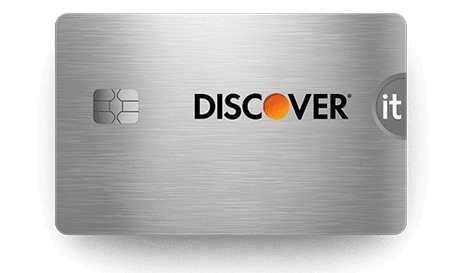While it is possible to pay your taxes with a credit card, according to the IRS, that doesn’t necessarily mean you should. There are benefits and risks associated with using your credit card to pay your income tax bill.

Can You Pay Taxes with a Credit Card?
5 min read
Last Updated: February 26, 2025
Next steps

See if you're pre-approved

Learn about Discover It® Secured Credit Card
See rates, rewards and other info
You may also be interested in
Was this article helpful?
Was this article helpful?




